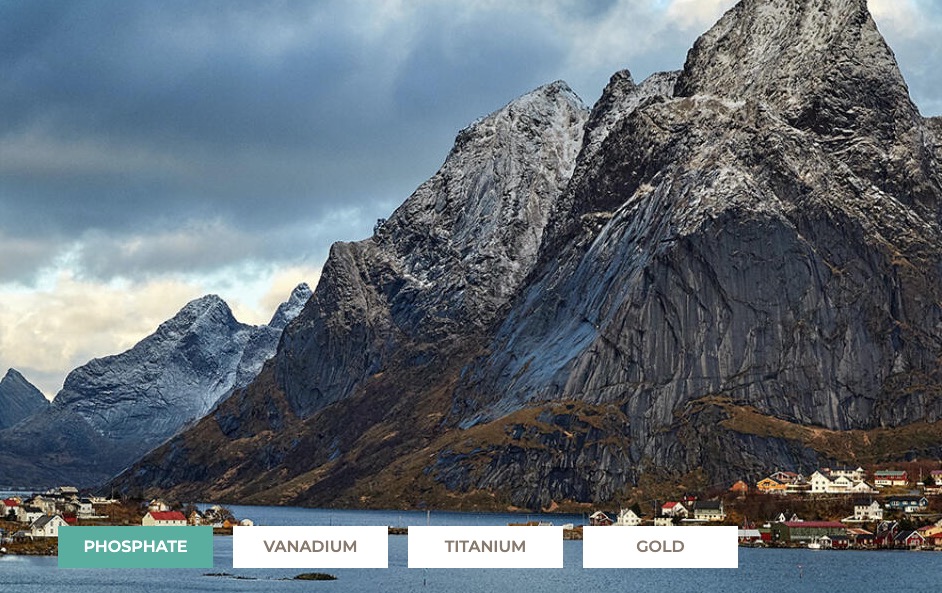
Norway Discovery Could Power Global Battery, Solar Demand for ‘100 Years’

A vast deposit of phosphate rock, discovered in Norway, holds the potential to meet the world’s demand for batteries and solar panels for a century, as per claims by Norge Mining, the mining company managing the find.
The deposit, located in the southwestern region of Norway, is estimated to contain up to 70 billion tonnes of the non-renewable resource, which is crucial for the manufacturing of green technologies. The site also contains significant deposits of other strategic minerals such as titanium and vanadium.
Phosphate rock, rich in phosphorus, is a key element in the creation of lithium-iron phosphate batteries for electric cars, solar panels, and computer chips, reports The Independent.
Currently, the European Union relies heavily on phosphate rock imports, mainly from Russia which possesses the largest ultra-pure phosphate rock deposits globally. Given this reliance and the potential supply instability, the European Union has previously expressed concern about potential phosphate rock shortages.
The newly uncovered Norwegian deposit, capable of theoretically meeting the global demand for the next 100 years, thus comes as a significant boon. The Norwegian government, considering the potential benefits, is mulling over the acceleration of a large mine in Helleland once the analysis of 47 miles of drill cores is complete. The first major mine, if approved, could start operations as early as 2028.
This discovery has been hailed as “great news” by a spokesperson for the European Commission, as it aligns with the Commission’s raw material objectives. Norway’s Minister of Trade and Industry, Jan Christian Vestre, has also expressed the country’s commitment to developing “the world’s most sustainable mineral industry” in the wake of this discovery.
